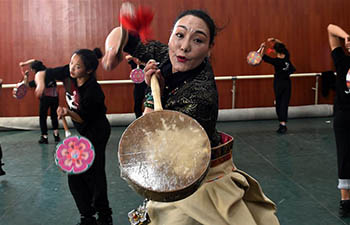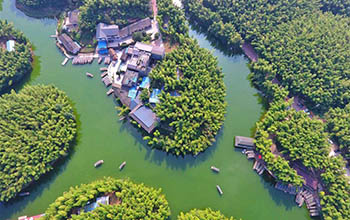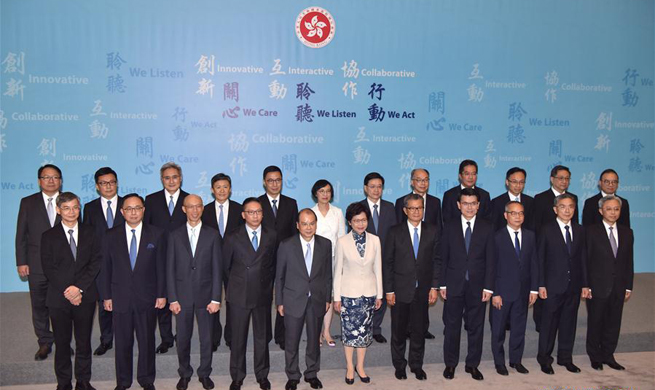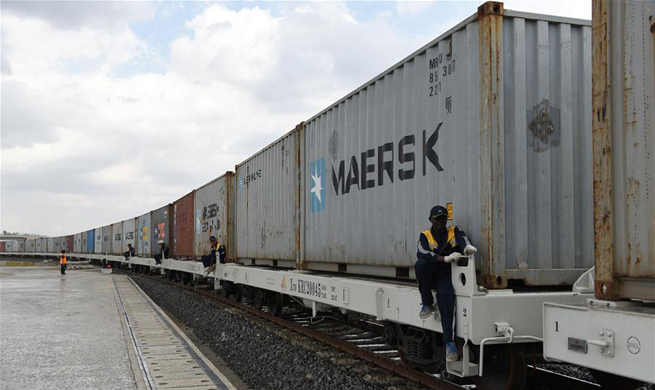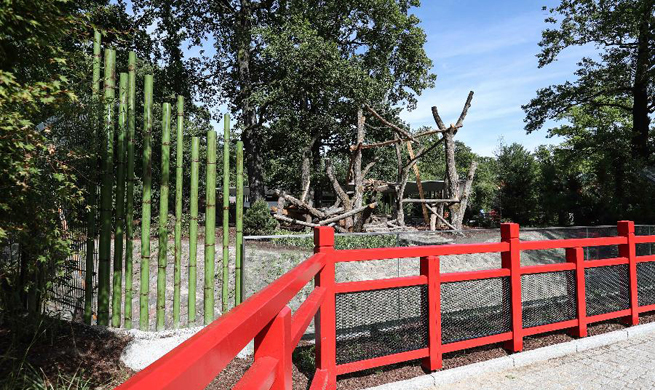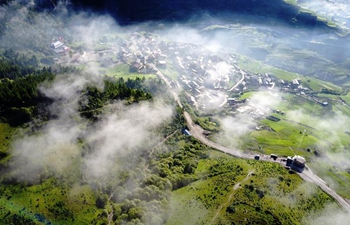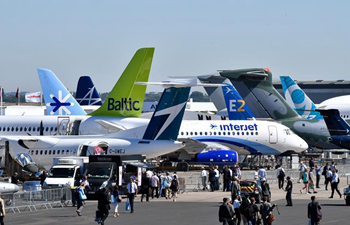DAR ES SALAAM, June 22 (Xinhua) -- The World Bank said on Thursday that Tanzania's progress in the fight against corruption was key to the country's efforts in eliminating poverty and generating inclusive growth.
Bella Bird, the World Bank Country Director for Tanzania, Burundi, Malawi and Somalia, said in a short time since the October 2015 elections Tanzania has seen an unprecedented major effort by the government in fighting corruption.
Bird said this has had a profound impact on the public service, business sector and citizens at large and in all these areas there was adjustment taking place to reflect the new way of doing business.
"Tax revenue performance and public service delivery have improved," she told an international high-level meeting on anti-corruption reforms in Tanzania.
Bird said the 2015 presidential elections were highly contested, with one of the key issues being the fight against corruption.
"At the time, corruption was widespread and affecting critical services such as health and education," Bird told the two-day meeting in the commercial capital Dar es Salaam.
She said the World Bank was keen to assist the government of Tanzania to reduce corruption to deliver services and better outcomes for its citizens and business people.
Jim Brumby, the Director for Governance at the World Bank, said President John Magufuli and the government of Tanzania have demonstrated strong commitment to confronting corruption as a part of their overall program to develop public and private sectors that meet the needs of the people of Tanzania.
Brumby said Tanzania has demonstrated by public commitments at home and at international forums that it was serious in the fight against corruption.
President Magufuli's commitment have been demonstrated through actions such as the removal of officials who were not meeting standards of integrity and effectiveness, purging ghost workers from the civil service roles, and confronting abuse in tax administration and customs, he said.
When inaugurating parliament in November 2015, President Magufuli made it clear his commitment to confront the vices that undermined the east African nation's efforts in eradicating poverty and ensuring economic growth and welfare.
President Magufuli cited grand corruption, embezzlement of funds especially in local government authorities, poor management of public funds and natural resources and bureaucracy in government offices.
He has since then fired hundreds of senior officials, including cabinet ministers, permanent secretaries, chief executives of state owned enterprises and directors of local government authorities.
Magufuli has also implemented his pledge of repealing and amending the Procurement Act 2011, which he cited as providing major corruption loopholes.








